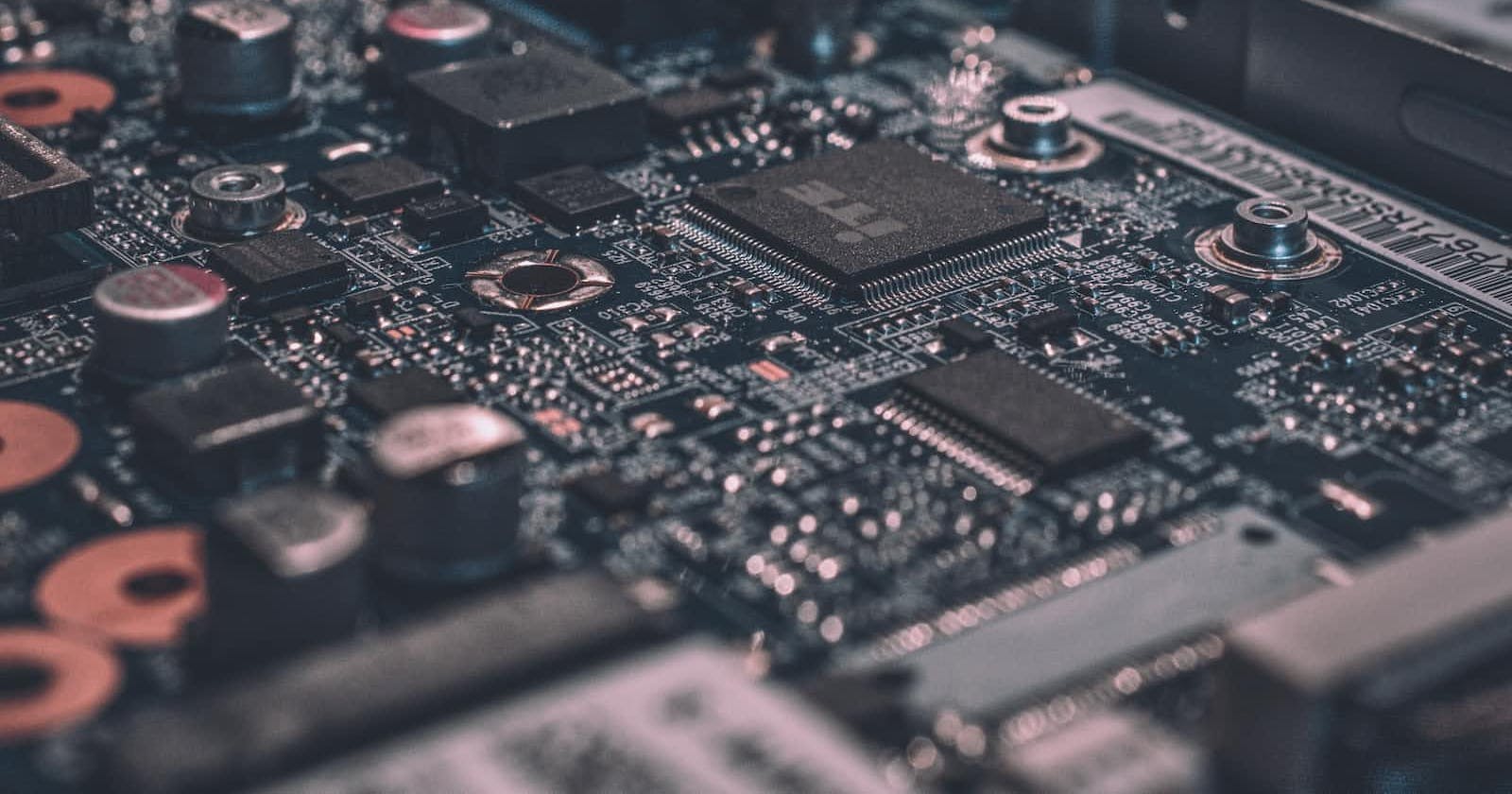Table of contents
- 🌐 Computer Science Overview 🌐
- 🚀 Branches of Computer Science 🚀
- ⚙️ More Specializations and Fields ⚙️
- 🛠️ Software Engineering:
- 💽 Operating Systems:
- 🔍 Algorithms:
- 🖥️ Compiler Design:
- 🎮 Game Development:
- 🎨 Computer Graphics:
- 🌐 Cloud Computing:
- 🔐 Cryptography:
- 📱 Mobile Computing:
- 🧬 Bioinformatics:
- 🤖 Embedded Systems:
- 🌐 Distributed Systems:
- ➰ Parallel Computing:
- ⚛️ Quantum Computing:
- 🔍 Information Retrieval:
- 🕵️♂️ Computer Ethics:
- 📚 Computational Linguistics:
- 🌐 Social Computing:
- 🌐 Virtual Reality (VR) and Augmented Reality (AR):
- 🔍 Information Retrieval:
🌐 Computer Science Overview 🌐
Computer Science is a field of study that encompasses the principles, theory, and practice of computing. It involves the study of algorithms, data structures, programming languages, software development, computer hardware, artificial intelligence, machine learning, computer networks, databases, and more. Computer science is not just limited to programming; it also includes understanding the theoretical foundations of computation and solving complex problems using computational techniques.
🚀 Branches of Computer Science 🚀
🤖 Artificial Intelligence (AI):
Focuses on creating intelligent agents and systems that can mimic human-like behavior and decision-making.
📈 Machine Learning:
Involves developing algorithms and statistical models that enable computers to improve their performance on a specific task over time.
📊 Data Science:
Concerned with extracting meaningful insights and knowledge from large datasets, often involving a combination of statistics, mathematics, and programming.
👁️ Computer Vision:
Focuses on enabling computers to interpret and make decisions based on visual data, such as images and videos.
🤖 Robotics:
Involves the design, construction, operation, and use of robots, with applications ranging from manufacturing to healthcare.
🗣️ Natural Language Processing (NLP):
Aims to enable computers to understand, interpret, and generate human language.
🤝 Human-Computer Interaction (HCI):
Focuses on the design and use of computer systems, emphasizing the user experience and interaction between humans and computers.
🌐 Computer Networks:
Deals with the study of communication protocols, data transmission, and the design and management of computer networks.
🔒 Cybersecurity:
Involves protecting computer systems, networks, and data from unauthorized access, attacks, and damage.
🗃️ Database Systems:
Focuses on the design, implementation, and management of databases for efficient data storage and retrieval.
⚙️ More Specializations and Fields ⚙️
🛠️ Software Engineering:
Concerned with the systematic design, development, testing, and maintenance of software applications.
💽 Operating Systems:
Involves the study of software that manages computer hardware and provides services for computer programs.
🔍 Algorithms:
Focuses on the design and analysis of algorithms for solving computational problems.
🖥️ Compiler Design:
Deals with the development of compilers, which translate high-level programming languages into machine code.
🎮 Game Development:
Focuses on the design, development, and programming of video games.
🎨 Computer Graphics:
Involves the creation, manipulation, and representation of visual images and animations.
🌐 Cloud Computing:
Involves the delivery of computing services, including storage, processing, and software, over the internet.
🔐 Cryptography:
Concerned with the secure communication of information through the use of mathematical techniques and algorithms.
📱 Mobile Computing:
Deals with the design and development of applications for mobile devices and the challenges associated with mobile environments.
🧬 Bioinformatics:
Applies computational techniques to analyze and interpret biological data, often used in genomics and other life sciences.
🤖 Embedded Systems:
Deals with the design and programming of computer systems that are embedded into other devices, such as appliances, cars, and medical devices.
🌐 Distributed Systems:
Concerned with the study of systems that consist of multiple interconnected computers that work together to achieve a common goal.
➰ Parallel Computing:
Focuses on the simultaneous execution of multiple tasks to solve a computational problem more quickly.
⚛️ Quantum Computing:
Involves the study and development of computers based on the principles of quantum mechanics, offering potential advantages in certain types of computations.
🔍 Information Retrieval:
Involves the development of techniques for retrieving relevant information from large volumes of data.
🕵️♂️ Computer Ethics:
Explores the ethical implications of computer technology and its impact on society.
📚 Computational Linguistics:
Involves the use of computational methods to process and analyze human language.
🌐 Social Computing:
Studies the intersection of social behavior and computational systems, often exploring how people interact with technology in social contexts.
🌐 Virtual Reality (VR) and Augmented Reality (AR):
Focuses on creating immersive digital experiences through virtual and augmented environments.
🔍 Information Retrieval:
Involves the development of techniques for retrieving relevant information from large volumes of data.

